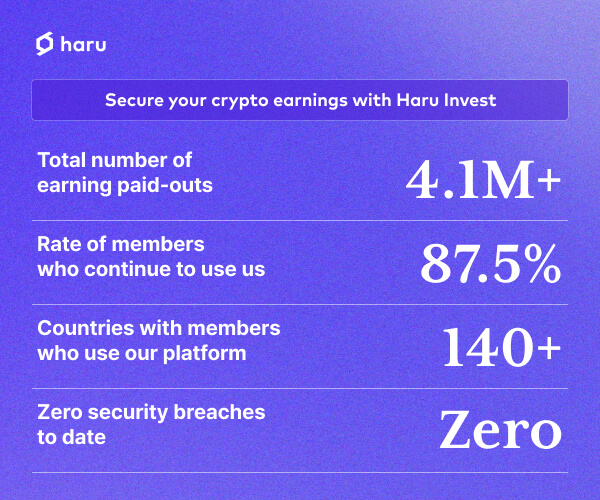No products in the cart.

Senators Elizabeth Warren and Roger Marshall introduced legislation on Dec. 14 to curb money laundering and funding of terrorists and rogue states via cryptocurrencies.
a bill called Digital Asset Anti-Money Laundering LawIt also seeks to reduce the risks cryptocurrencies and other digital assets pose to U.S. national security by closing loopholes in the current system.
The proposed law would require a US person to file a report if they traded digital assets worth more than $10,000 through one or more accounts outside the US.
Additionally, if the bill is passed, it will extend certain bank secrecy law obligations to cryptocurrencies, including KYC rules that apply to cryptocurrency participants such as wallet providers, miners and validators.
This gives the Financial Crimes Enforcement Network (FinCEN) the authority to implement a proposed rule requiring institutions to report certain transactions involving non-hosted wallets. Users have complete control over their content rather than relying on exchanges for transactions.
Additionally, financial institutions will not be able to trade with crypto mixers like Tornado Cash, tools designed to hide the origin of funds, and privacy coins.
However, Section 3, which is part of the proposed bill, would require anyone who creates software to send, receive, or sign Bitcoin transactions, such as cryptocurrency miners and validators, to obtain a money transfer license. Note that there is Nevertheless, US courts have repeatedly dismissed attempts to regulate the creation of software. Many times.
As part of the bill, Section 4 addresses the responsibilities of certain government agencies if the bill is passed. Government agencies include the Secretary of the Treasury, the Securities and Exchange Commission (SEC), and the Commodity Futures Trading Commission (CFTC).
Responsibilities include reviewing anti-money laundering program processes and reporting obligations performed by regulated companies.













































